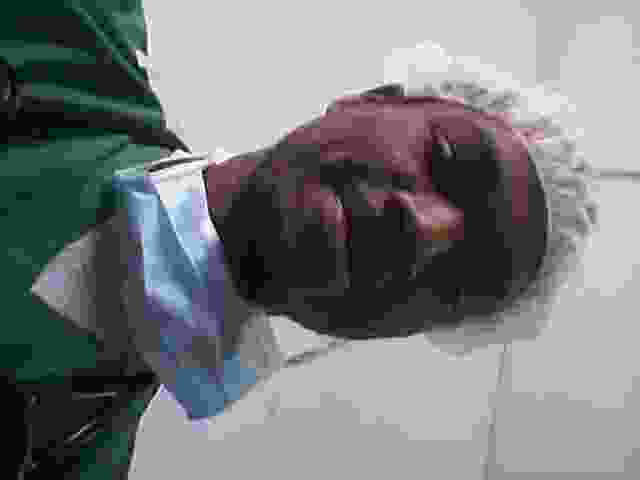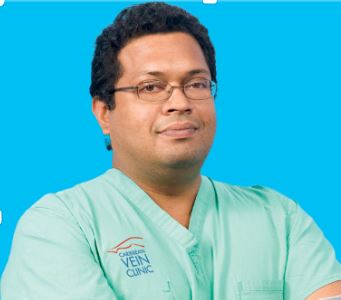- Filters 0
- Sort
Filters
Fee
Gender
Experience
Languages Spoken
Trusted Specialists for Vascular Surgery Near St-clair
 Book
Appointments Quickly with Verified Doctors
Book
Appointments Quickly with Verified Doctors

EC$ 139.49
Dr Kymmi Caesar
- Vascular Surgery
- MBBS, BbMedsci, CWSP
- 12yr experience
-
Port of Spain
-
English

EC$ 239.12
Dr Adedapo Oladiran
- Vascular Surgery
- MBBS, MSc, FRCS, FACS
- 20yr experience
-
Port of Spain
-
English
Leading Vascular Surgery Experts Available Online in St-clair
Explore verified Vascular Surgery doctors in St-clair providing online consultations. Discuss your concerns with certified specialists and get customized treatment advice.
| Name | Speciality | Exp | Fee |
|---|---|---|---|
| Dr Raj Kapoor (MBBS, MD, ECFMG, ABSM, FCCP,) | Pulmonology | 50 Y | EC$ 256.50 |
| Dr David Toby (MBBS,FRCS) | Orthopedics | 45 Y | EC$ 199.27 |
| Dr E Monica Davis (MBBS,MPhil) | Physiology | 42 Y | EC$ 119.56 |
| Dr Rodney Benjamin (MBBS) | Anesthesiology | 41 Y | EC$ 99.63 |
| Dr Manohar Ahuja (M.D., M.B.B.S., M.R.C.P.(UK), Nephrology & Internal Medicine) | Nephrology | 40 Y | EC$ 216.00 |
| Dr Prakashbhan Persad (MBBS, DGO, FRCOG, MRCPI, MFFP, MSc (Fetal Medicine)) | Obstetrics gynecology | 37 Y | EC$ 219.20 |
| Dr Prakashbhan Persad (MBBS, DGO, FRCOG, MRCPI, MFFP, MSc (Fetal Medicine)) | Women health | 37 Y | EC$ 219.20 |
| Dr Stephen Ramroop (M.B.B.S, F.R.C.S, MBA) | Orthopedics | 35 Y | EC$ 159.42 |
| Dr Vernon DaCosta (MD, OBGYN) | Obstetrics gynecology | 32 Y | EC$ 228.13 |
| Dr Sergiy Adonin (MD (Master of Surgery), MBBS) | Orthopedics | 30 Y | EC$ 219.20 |
 Medical Specialties
Medical Specialties



